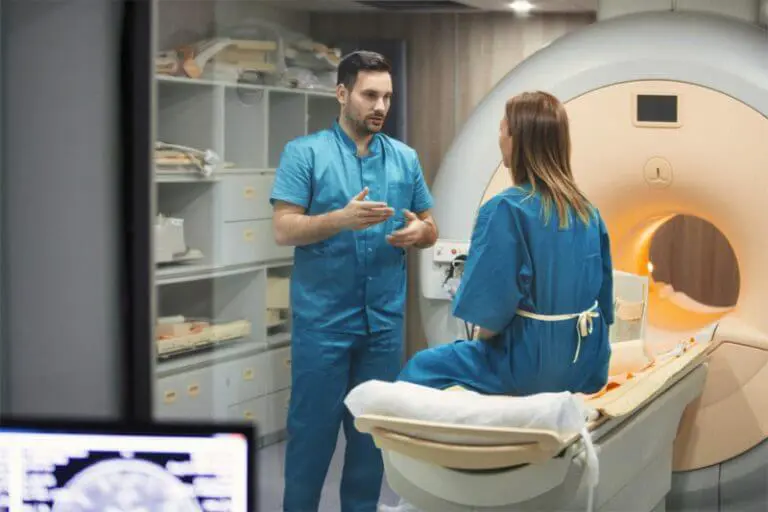
Preparation For Sedation MRI In New Jersey
A sedative MRI
Sedation for diagnostic procedures conjures up feelings of discomfort and suffering. MRI sedation is employed for individuals who find it challenging to stay motionless in the MRI scanner owing to issues like anxiety, claustrophobia, or a physical ailment. Everything you need to know about sedation MRI in New Jersey.
MRI under sedation in New Jersey
Patients must maintain complete stillness during specific radiology exams or procedures to get precise and clear images. Sedation Radiology in New Jersey helps with relaxation and comfort. This can be difficult for a patient who is anxious, claustrophobic, or endures pain while resting in specific postures for an extended period.
Many patients, particularly those who feel uneasy in confined surroundings, worry about having their MRI and other treatments. Concerns may also exist over the patient’s underlying medical conditions and the likely results of the scan in terms of their eventual diagnosis. They can lessen a patient’s worry and make them feel comfortable throughout their MRI by using sedation radiology.
What Must You Prepare For an MRI While Sedated?
You’ll receive specific instructions on what to eat and drink before the MRI imaging. Additional tests might be required if you have any other medical issues. They include, but are not limited to:
Urine samples for pregnancy tests will be taken from all females 12 years of age and older.
People living with Diabetes will be given access to finger-stick glucose testing. Patients with a BMI of 40 or 45 may require further medical attention and additional testing, such as echocardiography and an HbA1c blood test. If required, your care team may suggest that you undergo COVID testing the day before your MRI in Elizabeth, NJ, to prevent delays.
How long does sedation for an MRI take?
Several factors affect how long a sedation MRI takes. An MRI scan can take between 30 and 80 minutes to complete in a single session. Thus anesthesia will at the very least extend the operation by 30 minutes. By chatting with your healthcare professional, you might be able to estimate how long the procedure will last. In addition, a procedure needs to be followed by an hour or two of recovery time.
